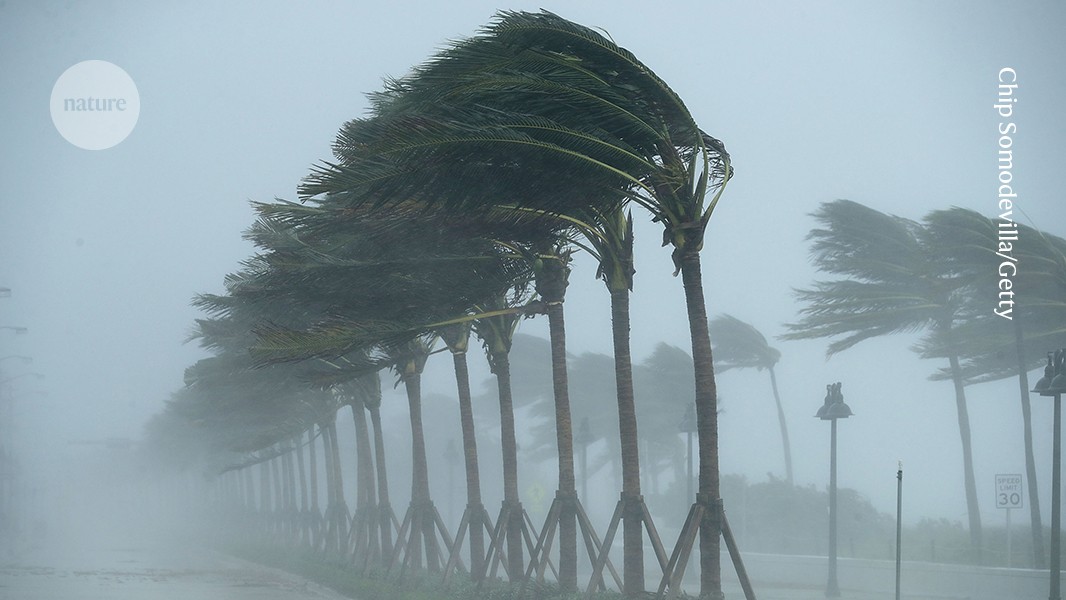
"Economic losses from hurricanes in the US have reached $1.5 trillion since 1980, driven largely by growth in coastal areas and potential climate change impacts."
"While researchers understand hurricane dynamics under climate change, uncertainties remain regarding their frequency and intensity, complicating risk assessments necessary for adaptation."
"Current literature often treats climate change impacts on hurricanes in isolation rather than as part of a unified risk factor, leading to ambiguous trends."
"The challenge of evaluating hurricane hazard lies in the diverse uncertainties involved, making it difficult to predict whether overall risks will increase or decrease."
The article discusses the rising economic losses from hurricanes in the United States, totaling $1.5 trillion from 1980 to the present. This growth is linked to increasing coastal development and possibly human-induced climate change. While researchers have a good grasp of hurricane dynamics, uncertainties about their frequency and intensity complicate risk assessments. The current scientific literature tends to treat different risk factors in isolation, resulting in unclear overarching trends, and emphasizes the importance of quantifying risks for effective adaptation and decision-making in the face of climate change.
Read at Nature
Unable to calculate read time
Collection
[
|
...
]